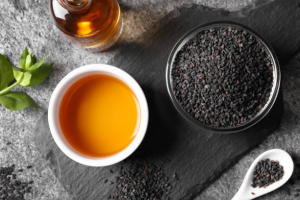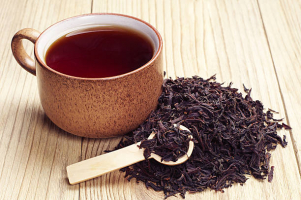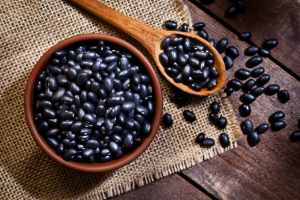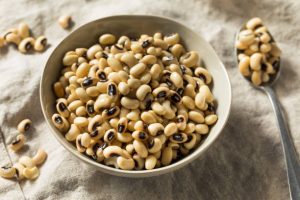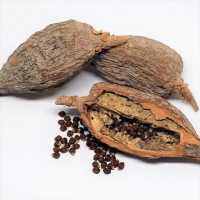Top 7 Health Benefits of Black Pepper
Black pepper is one of the most widely used spices in the world. Peppercorns, which are dried berries from the vine Piper nigrum, are ground to make it. It has ... read more...a crisp and gently spicy flavor that complements a variety of foods. However, black pepper is much more than a kitchen essential. Because of its high concentration of strong, beneficial plant chemicals, it has been dubbed the "King of Spices" and has been utilized in ancient Ayurvedic medicine for thousands of years. Here are the science-backed health benefits of black pepper.
-
Free radicals are unstable chemicals that can cause cell harm. Some free radicals are produced naturally, for example, when you exercise or digest food. However, excessive free radicals might be produced as a result of exposure to pollutants, cigarette smoke, and solar radiation. Excessive free radical damage can cause serious health concerns. It has been related to inflammation, accelerated aging, heart disease, and some malignancies, for example. Piperine, a plant chemical found in black pepper, has been shown in test-tube tests to have powerful antioxidant capabilities.
According to research, a diet high in antioxidants may help avoid or delay the harmful effects of free radicals. Ground black pepper and piperine supplements have been shown in test tubes and rat experiments to minimize free radical damage. After 10 weeks, rats fed a high-fat diet plus either black pepper or a concentrated black pepper extract had considerably fewer free radical damage indicators in their cells than rats fed a high-fat diet alone.
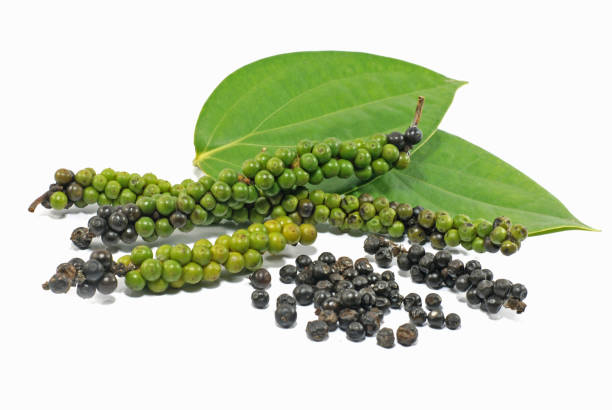
High in antioxidants 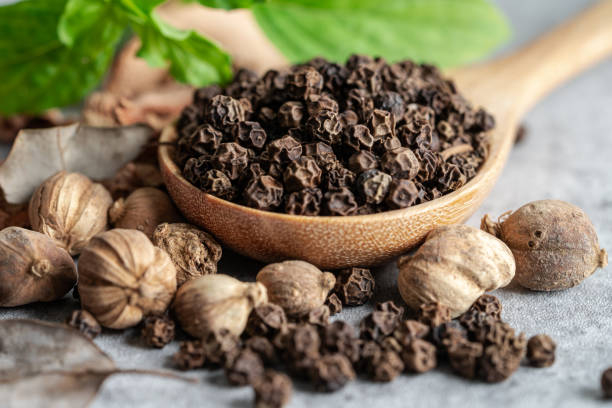
High in antioxidants -
Chronic inflammation may be a contributing factor in a variety of diseases, including arthritis, heart disease, diabetes, and cancer. Many laboratory studies indicate that piperine, the major active ingredient in black pepper, may be useful in fighting inflammation.
In trials on arthritis rats, for example, piperine administration resulted in less joint swelling and lower levels of inflammatory blood markers. Piperine decreased inflammation in the airways caused by asthma and seasonal allergies in rat experiments. However, the anti-inflammatory benefits of black pepper and piperine in humans have not been thoroughly explored.
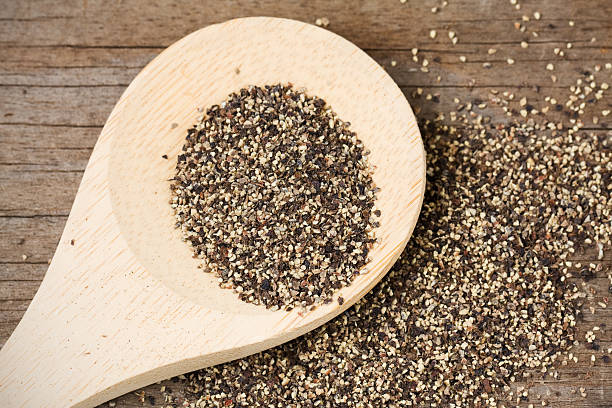
Has anti-inflammatory properties 
Has anti-inflammatory properties -
Piperine has been found in animal experiments to boost brain function. It has shown potential benefits for symptoms associated with degenerative brain disorders such as Alzheimer's and Parkinson's disease. Research on rats with Alzheimer's disease, for example, discovered that piperine restored memory by allowing the rats to run a labyrinth more efficiently than rats not given the substance.
Piperine extract appeared to reduce the formation of amyloid plaques in another animal study, which are dense clusters of harmful protein fragments in the brain that have been related to Alzheimer's disease. However, human research is required to confirm whether these effects are also found outside of animal studies.

May benefit your brain 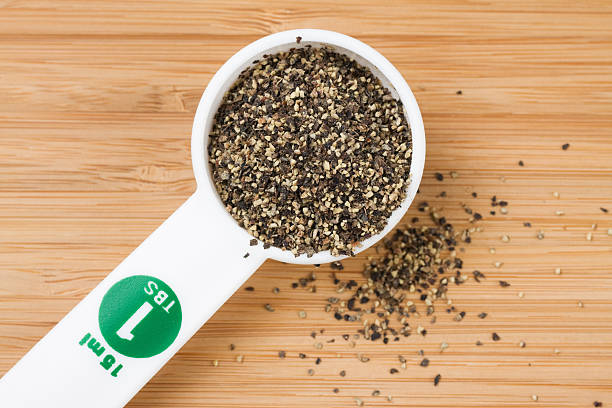
May benefit your brain -
Black pepper may assist improve blood sugar metabolism, according to research. In one study, rats fed a black pepper extract experienced a lower jump in blood sugar levels after consuming glucose than rats in the control group.
Furthermore, 86 overweight adults who took a supplement containing piperine and other chemicals for 8 weeks saw significant improvements in insulin sensitivity, which is a measure of how well the hormone insulin removes glucose from the bloodstream. However, because this study used a combination of numerous active plant chemicals, it's uncertain if the same effects would occur with black pepper alone.
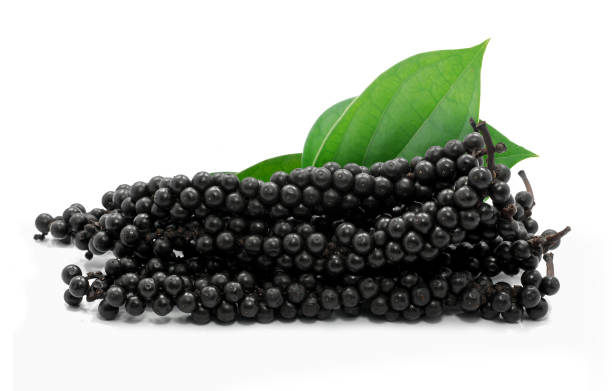
May improve blood sugar control 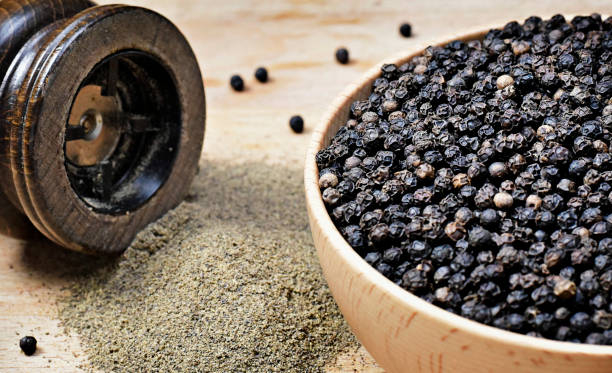
May improve blood sugar control -
High cholesterol levels are linked to an increased risk of heart disease, the leading cause of mortality worldwide. The ability of black pepper extract to lower cholesterol levels has been examined in animals. Rats fed a high-fat diet and a black pepper extract had lower blood cholesterol levels, particularly LDL (bad) cholesterol, in a 42-day trial. The control group did not experience the same impacts.
Furthermore, black pepper and piperine are thought to increase the absorption of dietary supplements with possible cholesterol-lowering properties, such as turmeric and red yeast rice. Black pepper, for example, has been found in studies to boost the absorption of the active component of turmeric, curcumin, by up to 2,000%. More research is needed to discover whether black pepper has any substantial cholesterol-lowering effects in individuals.
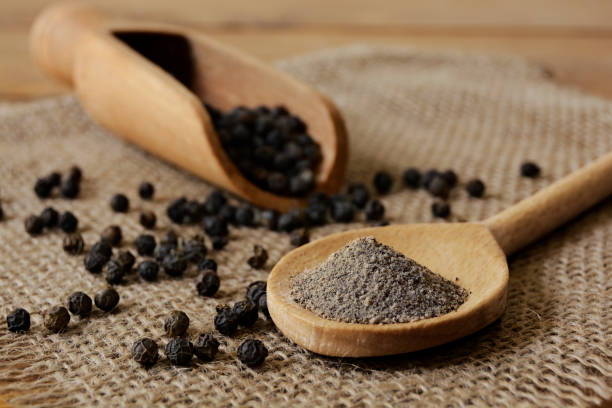
May lower cholesterol levels 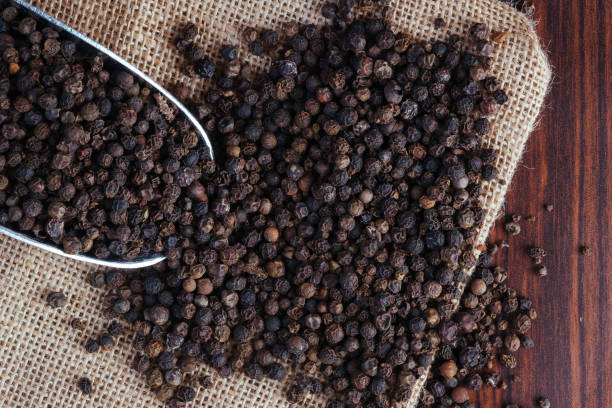
May lower cholesterol levels -
Piperine, the main ingredient in black pepper, may have cancer-fighting qualities, according to researchers. Despite the lack of human trials, test-tube research revealed that piperine inhibited the proliferation of breast, prostate, and colon cancer cells and triggered cancer cell death. Another test-tube study looked at 55 chemicals derived from spices and discovered that piperine from black pepper was the most beneficial at improving the efficacy of standard treatment for triple-negative breast cancer, the most aggressive type of cancer.
Furthermore, piperine has demonstrated promising results in laboratory experiments for overcoming multidrug resistance in cancer cells – a problem that impairs chemotherapy treatment efficacy. Though these findings are encouraging, additional research is needed to fully understand the potential cancer-fighting capabilities of black pepper and piperine.
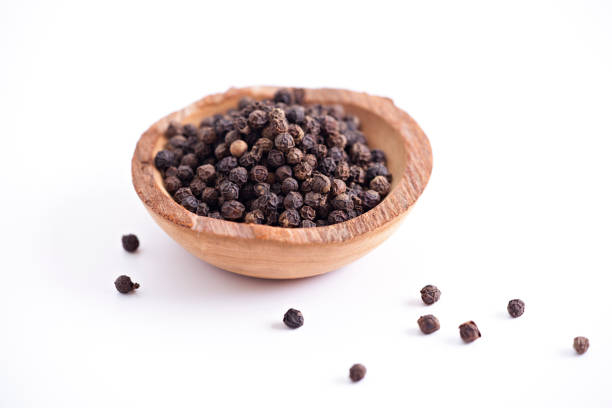
May have cancer-fighting properties 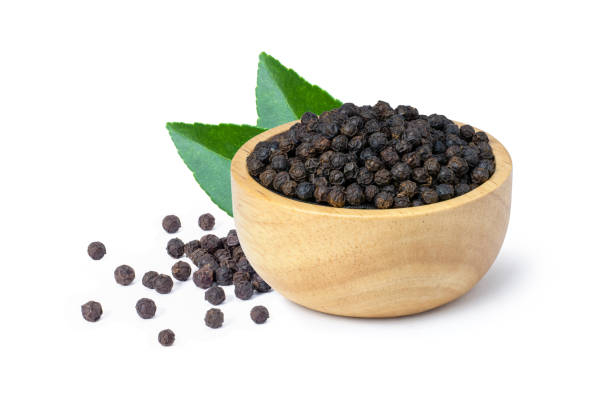
May have cancer-fighting properties -
Black pepper may improve the absorption of important nutrients such as calcium and selenium, as well as some beneficial plant chemicals found in green tea and turmeric. Gut health may be improved. Your gut bacteria's composition has been linked to immune function, mood, chronic diseases, and more. According to a preliminary study, black pepper may increase the beneficial bacteria in your gut.
Pain alleviation may be possible. Though it has not been researched in people, rodent studies indicate that the piperine in black pepper may be a natural pain reliever. Appetite suppression may occur. A short research of 16 adults found that drinking a black-pepper-based beverage lowered their appetite more than drinking flavored water.
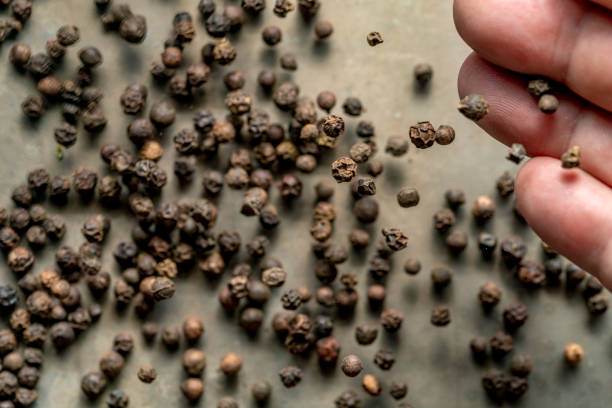
Other benefits 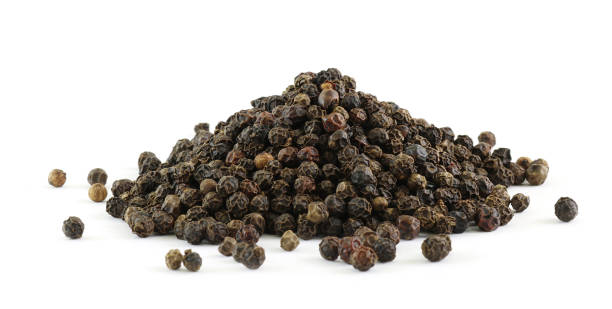
Other benefits









